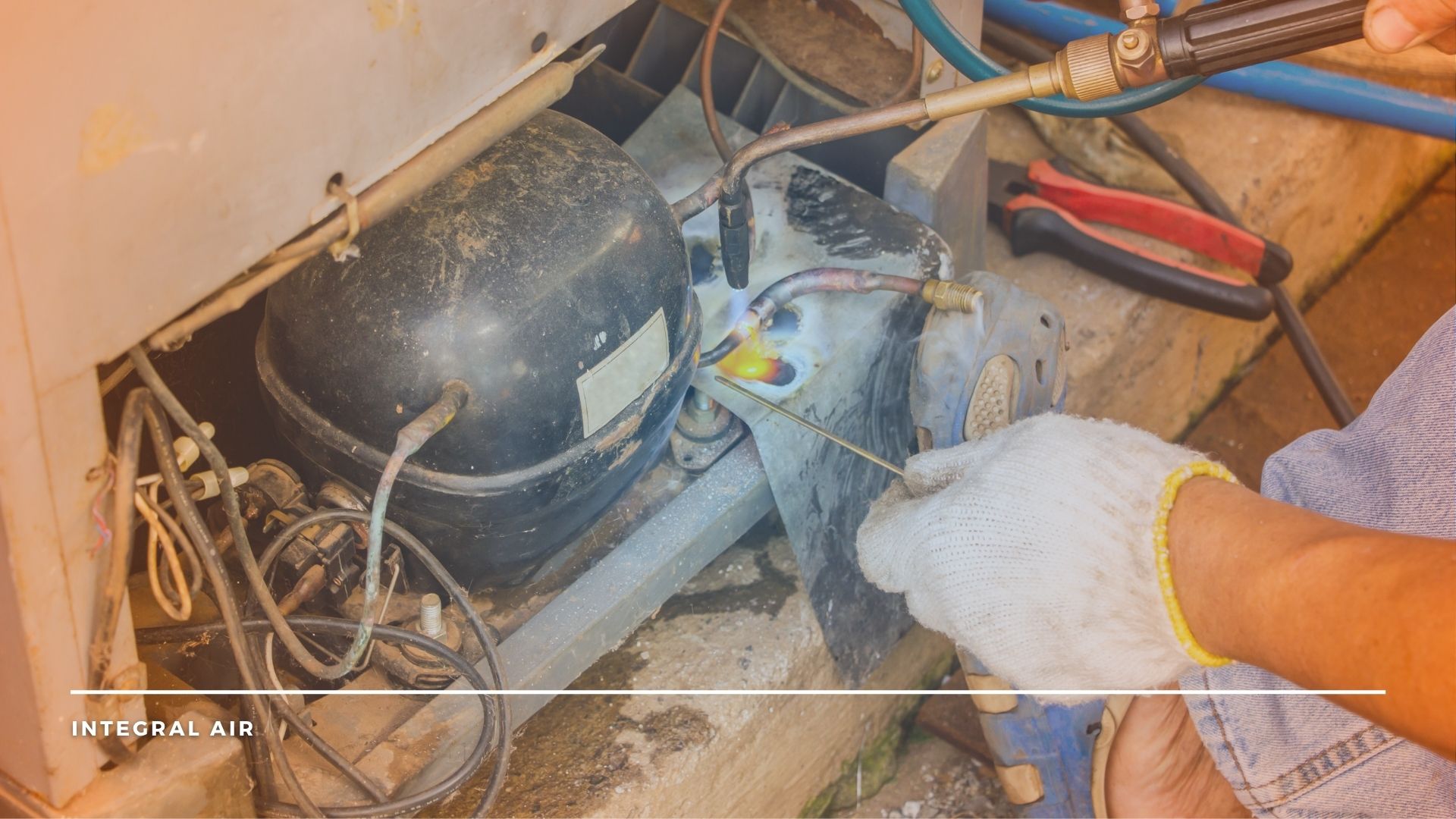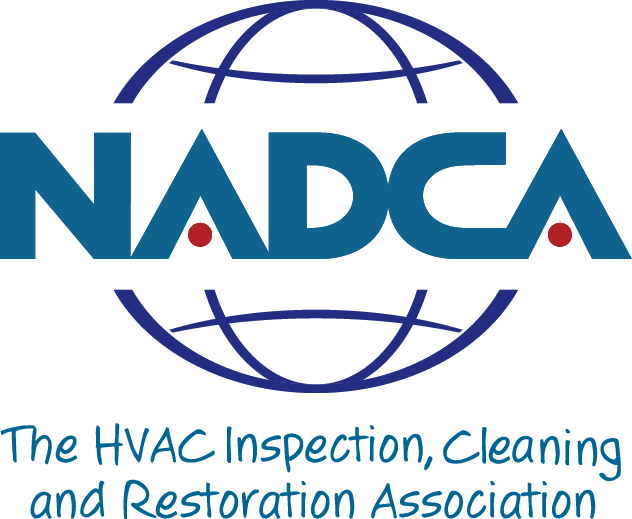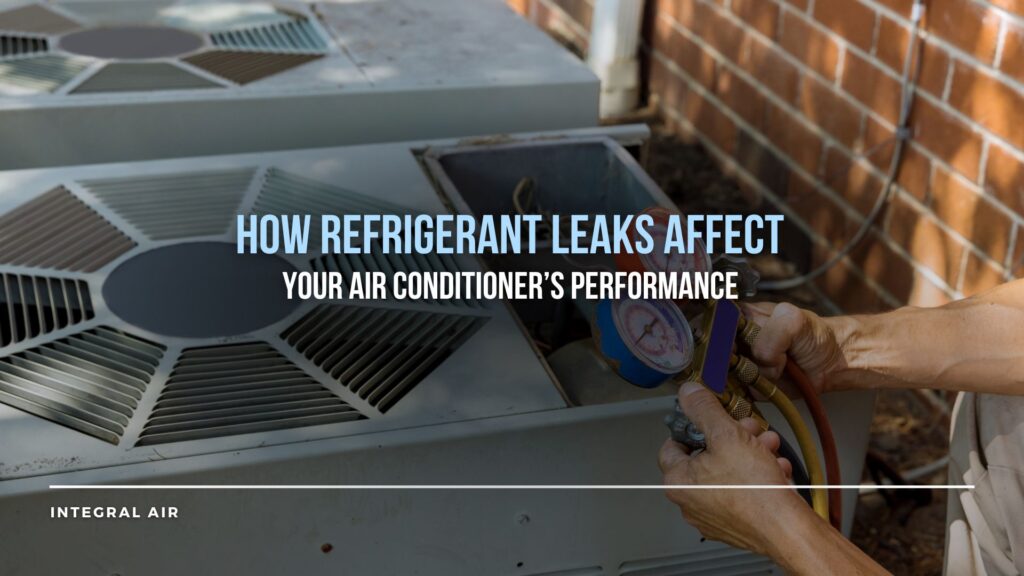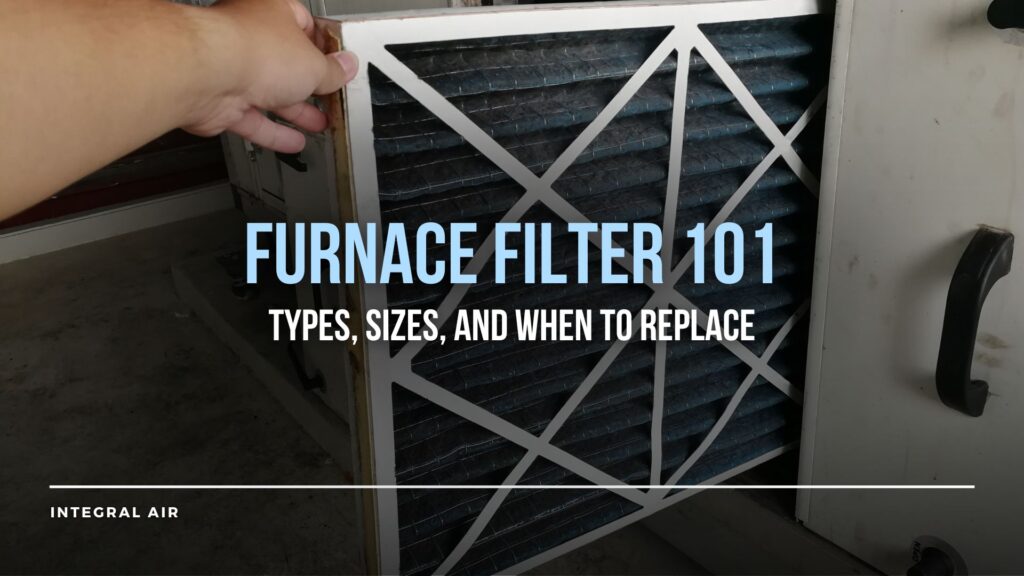Refrigerant plays a key role in your air conditioning system. It moves through the system, absorbing heat from your home and releasing it outside, allowing your space to feel cool and comfortable. But when there’s a refrigerant leak, that process doesn’t work as it should. Instead of cooled air, you might notice warm air coming from your vents, or your AC unit running longer than usual.
What Is Refrigerant and Why Does It Matter?
Refrigerant is a chemical compound that cycles through the parts of your AC system, including the indoor evaporator coils and the outdoor condenser coils. As it flows, it absorbs heat from inside your home and releases it outdoors. This process turns warm air into cooled air.
If there’s a leak anywhere in the refrigerant line, your AC unit won’t have enough refrigerant to complete this cycle. This causes ac performance issues, raises your energy bills, and shortens the life of your HVAC system.
Signs of a Refrigerant Leak
Spotting a refrigerant leak early can help you avoid major damage and expensive repairs. Some common issues to watch for include:
- Warm air blowing from your vents when the AC is on
- Ice buildup on the refrigerant line or evaporator coil
- Hissing or bubbling sounds near the indoor or outdoor unit
- A sudden spike in energy bills without increased usage
- Tripped circuit breaker related to the AC system
- Poor airflow or rooms that won’t cool down
These signs suggest your AC system is struggling, and refrigerant loss could be the cause.
How Leaks Affect AC Performance
A leaking AC unit has to work harder to try to cool your home. Because the system can’t properly absorb and release heat, it runs longer, uses more energy, and still doesn’t achieve the desired temperature.
Here are the main ways refrigerant leaks impact your air conditioning systems:
- Reduced cooling: Without enough refrigerant, your AC can’t cool your home effectively.
- Increased energy use: The system runs longer to make up for lost cooling power.
- Extra wear and tear: Components like the compressor and fans are overworked.
- Higher risk of breakdowns: Ongoing strain increases the chance of costly repairs.
- Shorter equipment lifespan: Constant stress reduces how long your AC unit lasts.
In short, a refrigerant leak not only causes discomfort but also puts your entire HVAC system at risk.

What Causes AC Leaks
Air conditioner leaks can occur for several reasons. Corrosion in the refrigerant line, especially in older systems, is a common cause. Physical damage, such as accidental impact or intrusion from pests, can also compromise the line.
Loose connections between various parts of the AC unit may allow refrigerant to escape, and poor installation of new systems or repairs can create weak points. In addition, constant vibration or general wear over time can lead to small cracks or holes. These leaks often begin small but tend to worsen with time, which is why regular maintenance is key to catching problems early.
HVAC Repair: Why You Should Act Fast
If you suspect a refrigerant leak, it’s important to schedule HVAC repair right away. Only a certified technician has the tools and expertise to safely test your system, locate the leak, and recharge it with the correct amount of refrigerant.
Delaying service can lead to more serious issues such as compressor failure—a costly repair—or water leaks caused by thawing frozen coils. It may even result in more extensive damage to your HVAC system. A professional AC repair service will not only fix the leak but also inspect the system for related problems to ensure safe, efficient performance.
Preventing Future Leaks with Regular Maintenance
The best way to prevent refrigerant leaks is with routine HVAC maintenance. Have your system professionally inspected at least once a year to catch early signs of wear. Replace your air filter every one to three months to maintain proper airflow and reduce strain on the system.
Keep the outdoor unit free of leaves, dirt, and other debris to support proper function. It’s also wise to schedule seasonal HVAC service before summer or winter to make sure your system is ready for peak usage. These simple steps can help protect your cooling system and avoid costly breakdowns.
FAQ: Refrigerant Leaks and AC Problems
Can I just add more refrigerant myself?
How much does it cost to fix a refrigerant leak?
Is a refrigerant leak dangerous?
How long should an AC system last?
Stop AC Leaks Before They Start
A refrigerant leak can seriously impact your AC performance and comfort. From weak airflow to high energy bills, the signs are clear that something isn’t right. Acting fast with professional HVAC repair not only fixes the problem but also protects your entire system.
If you’ve noticed your cooling system isn’t working like it used to, don’t wait. Schedule an AC repair to inspect for refrigerant leaks and get your home back to a comfortable temperature before the next heat wave hits.








